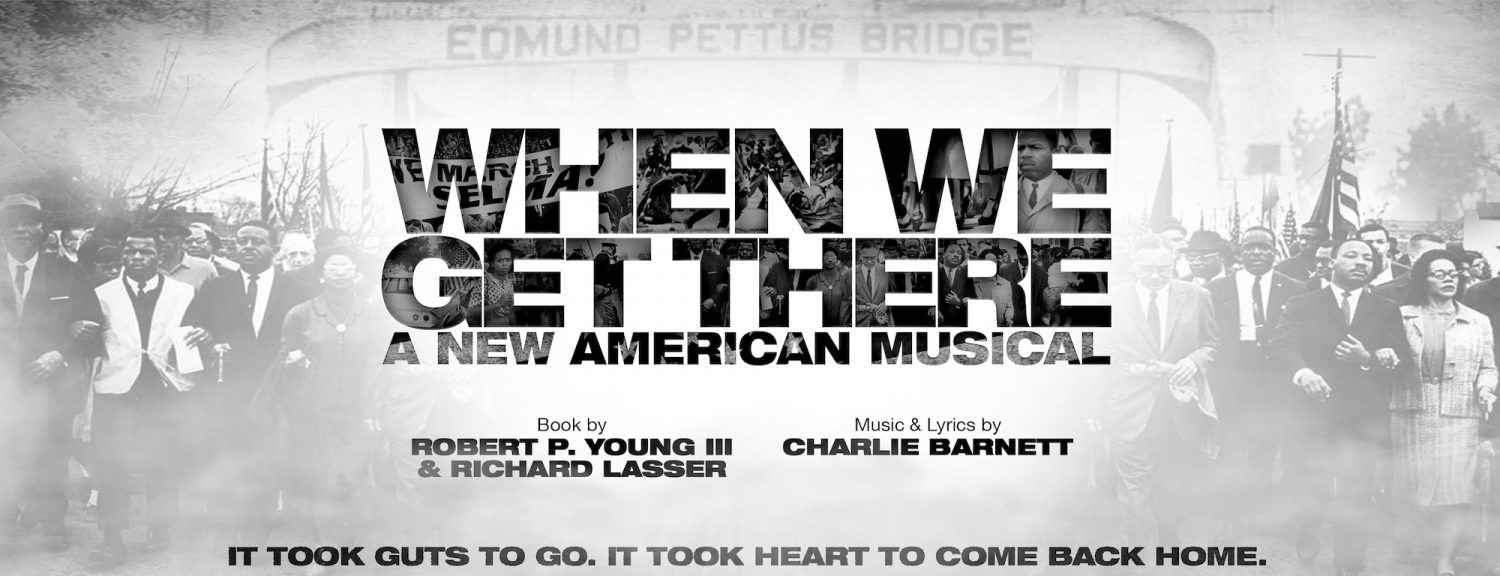Dawn Jacks — an idealistic African-American teenager — convinces her mother, Mary Jacks; her uncle Terrance Witt; and their employer, Rose Shapiro, to drive to Selma, Alabama. The reason? To join Dr. Martin Luther King Jr.’s march from the Edmund Pettus Bridge to Montgomery, the state capital, to demand voting rights for Negroes from Gov. George Wallace himself.
Rose’s husband, Nathan, a diamond merchant and racketeer, has passed on, but his employee Terrance, a WWII Army vet, remains loyal to Rose as her chauffeur/handyman. So does his sister Mary, who works as Rose’s maid in a home located in the solidly white, middle-class town of Ridgewood, New Jersey.
Gassed up, sandwiches and drinks packed, Green Book at the ready, and hearts full of hope, the foursome heads South, even as America, particularly the South, remains hostile to its Black and Jewish citizens.
Excited, Dawn encourages optimism, and Mary sings to cover her trepidation. Encounters with racists — a white gas station attendant and a state trooper — reveal the dangers of “traveling-while-Black-with-a- Jewish-woman-in-the-back-seat.” Arriving in Selma, the four join hands and head into the march.
Multiple tear gas bombs explode. Stench and smoke fill the stage. Sounds of police dogs attacking, billy clubs smashing heads, screams and chant-like prayers are heard. Injured, the four run for their lives. This day will live in infamy as Bloody Sunday.
Act II opens as the four — injuries oozing blood, dazed, disoriented — stumble back to the car and make their way back north, only to deal with the revelations that Nathan once raped Mary and that Dawn is their daughter. The show ends with a new, if fragile, understanding of what a family — and just maybe what a country — can be.
